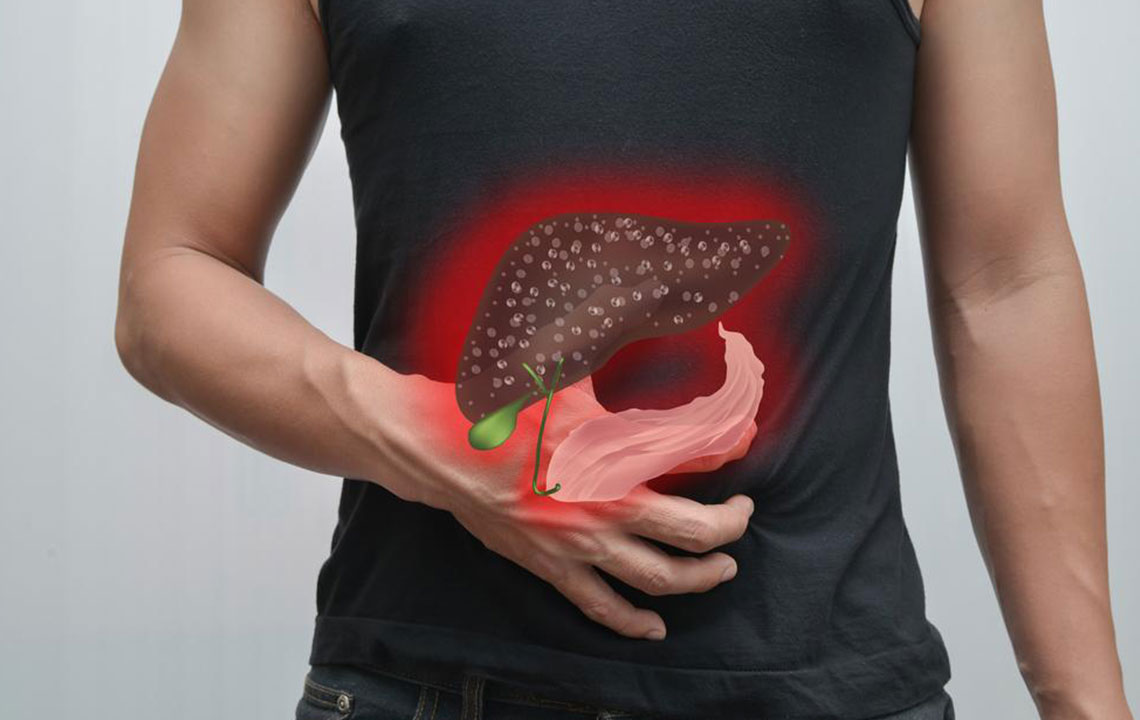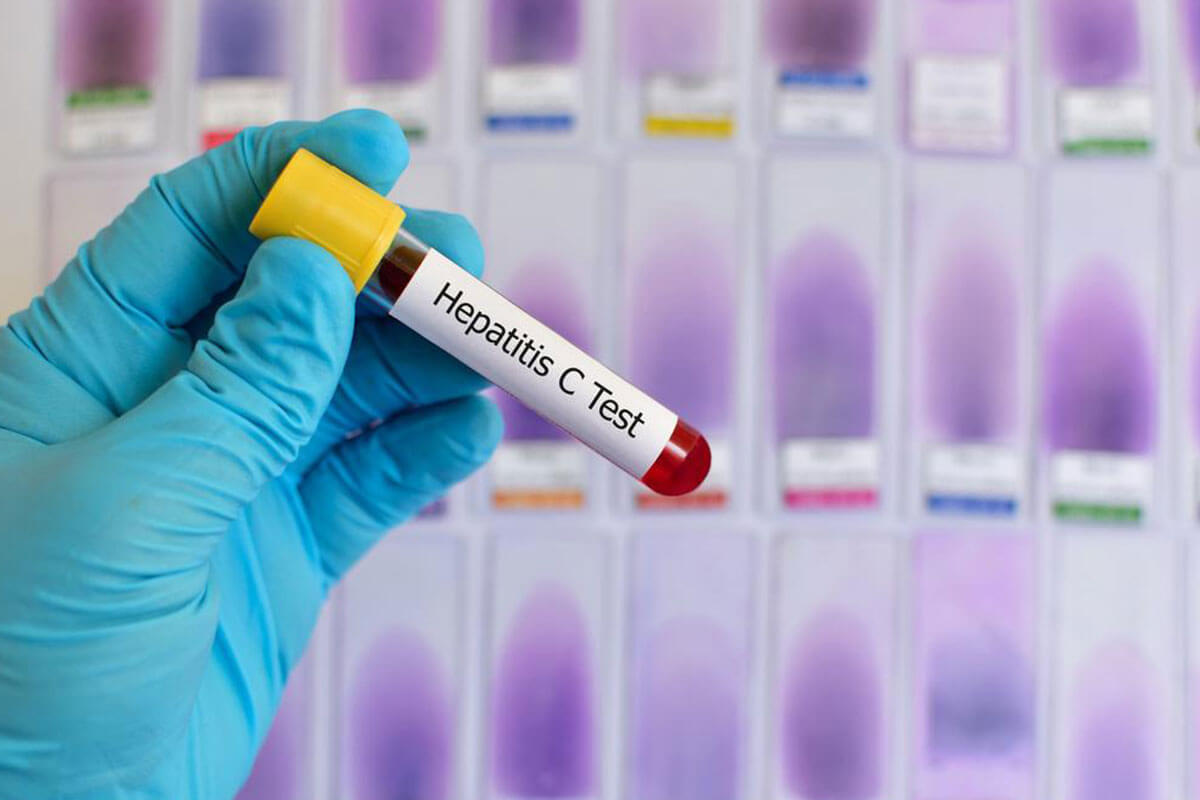Common Causes of High Bilirubin Levels and Their Implications
Elevated bilirubin levels can result from various health issues involving the liver, gallbladder, or red blood cells. Recognizing causes like bile duct blockages, liver disease, or red blood cell breakdown is essential for proper diagnosis and treatment. This article discusses key factors contributing to high bilirubin and emphasizes the importance of consulting healthcare professionals for accurate assessment. Understanding these causes can aid in early intervention and management of conditions like jaundice and related disorders.

Bilirubin is a yellow-brown pigment generated when old red blood cells break down, and the liver processes it for elimination. Normally, bilirubin is excreted through stool, keeping blood levels balanced. Elevated bilirubin can lead to jaundice, causing yellowing of the skin and eyes, signaling underlying health issues. Various factors can disrupt bilirubin levels, including liver, gallbladder, or blood cell problems. Understanding these causes is crucial for accurate diagnosis and effective treatment.
Possible reasons for increased bilirubin include:
Gallbladder and Bile Duct Problems: Blockages like gallstones or damage from cholestasis can prevent bilirubin from leaving the body, raising blood levels. Gallbladder diseases also play a role.
Liver Conditions: Diseases such as hepatitis or cirrhosis impair the liver's ability to process bilirubin properly. Genetic conditions like Dubin-Johnson or Gilbert syndrome also affect its metabolism.
Red Blood Cell Destruction: Hemolytic anemia causes rapid breakdown of red blood cells, increasing bilirubin production. Autoimmune illnesses and infections contribute to this process.
Medication Effects: Certain medications, including antibiotics, psychiatric drugs, estrogens, and steroids, can affect liver function, leading to higher bilirubin levels. Overuse or toxic medication intake worsens the situation.
Note: This website provides general health information for educational purposes. Please consult healthcare professionals for proper diagnosis and treatment. The content is informative and does not replace medical advice. Always verify health information before making decisions.


